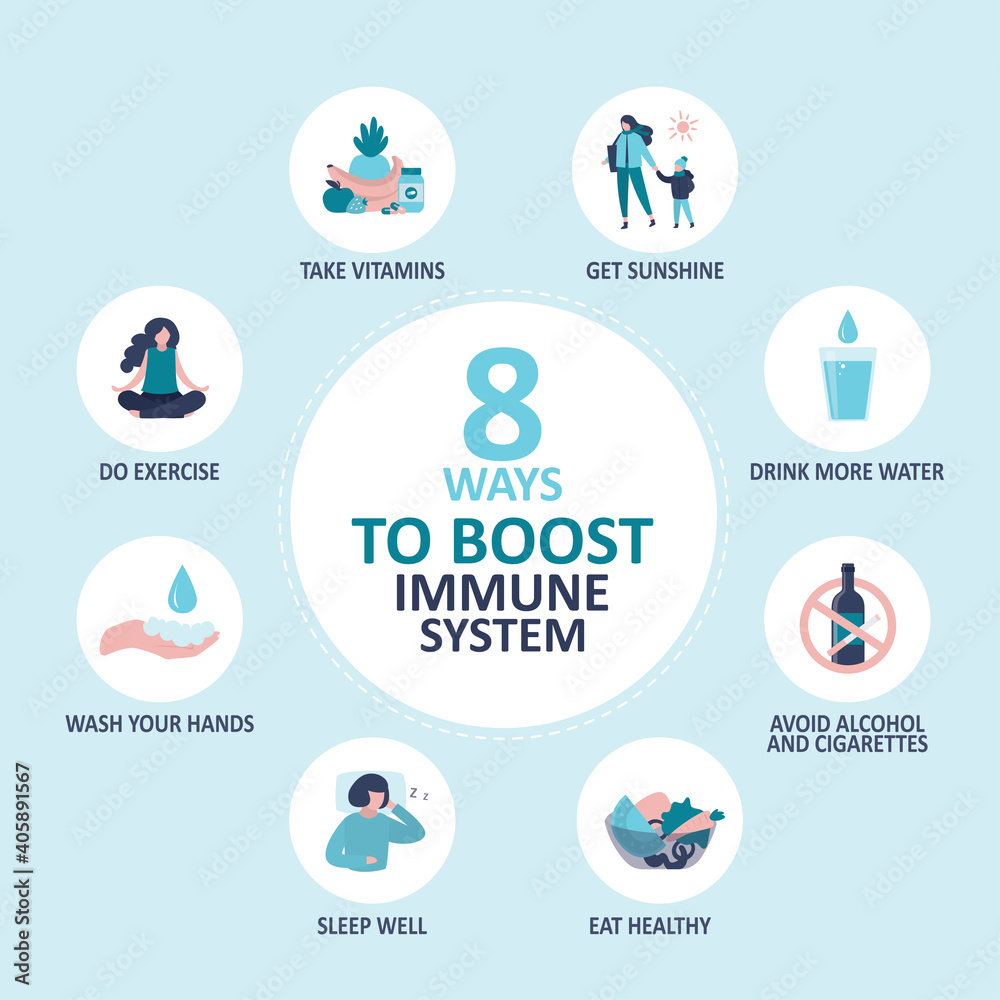
Elevating Immune Health: The Role of Exercise
Exercise stands as a powerful tool in fortifying the immune system. Its influence on immune health extends beyond physical fitness, offering a shield against illnesses and bolstering overall well-being.
Understanding the Link Between Exercise and Immunity
Regular physical activity contributes to a stronger immune system. Exercise stimulates the circulation of immune cells, promoting their vigilant surveillance and efficient response against pathogens.
By clicking here, you can explore comprehensive insights into ways to boost immune health through exercise. This resource provides invaluable guidance on leveraging exercise for a stronger immune system.
The Impact of Moderate Exercise
Moderate-intensity exercise, such as brisk walking, cycling, or swimming, plays a pivotal role in immune function. Engaging in these activities enhances immune cell activity, reducing the risk of infections.
Consistency and Immune Resilience
Consistent exercise fosters immune resilience. A regular workout routine helps maintain immune cell functionality, making the body more resilient to infections and illnesses.
Balancing Intensity and Recovery
Balancing exercise intensity with adequate recovery is essential. Intense workouts, when followed by proper recovery periods, optimize immune health by preventing excessive stress on the body.
Diverse Workouts for Immune Variety
Diversifying workouts supports immune system robustness. Incorporating different types of exercises, such as strength training, cardio, and flexibility exercises, offers a comprehensive boost to immunity.
Prioritizing Sleep and Immune Function
Quality sleep is crucial for immune health. Exercise improves sleep quality, allowing the body to repair and rejuvenate, ultimately supporting a healthier immune system.
Mindful Nutrition to Complement Exercise
Pairing exercise with a balanced diet reinforces immune health. Nutrient-dense foods supply essential vitamins and minerals necessary for immune cell function.
Stress Reduction Through Exercise
Exercise acts as a stress-relief mechanism. Managing stress levels through physical activity minimizes the detrimental impact of stress on the immune system.
Moderation and Immune Support
Moderation in exercise is key to immune support. Excessive or prolonged intense exercise can temporarily weaken immune function, underscoring the importance of balance.
Incorporating Outdoor Activities
Outdoor exercises offer additional immune benefits. Exposure to natural light and fresh air contributes to improved mood and immune function.
Conclusion: Empowering Immunity Through Exercise
Harnessing the power of exercise to bolster immune health is pivotal. Regular physical activity not only enhances fitness but also fortifies the body’s defense mechanisms against illnesses. By integrating these strategies and embracing a consistent exercise routine, individuals can elevate their immune health and pave the way for a healthier life.


